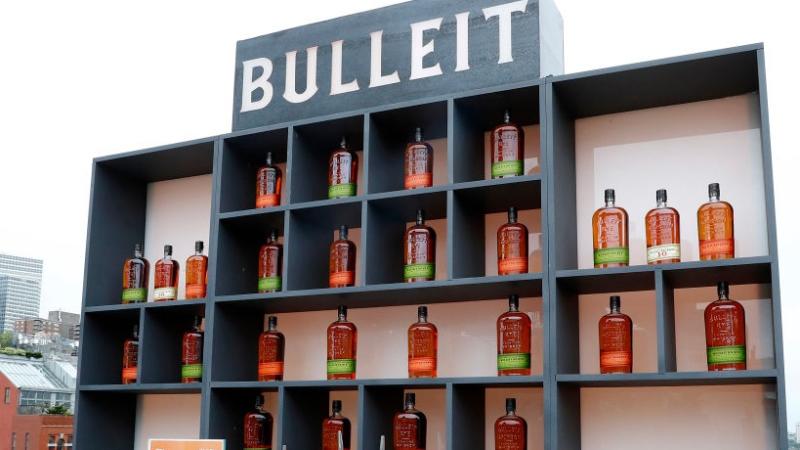As always, it is much cheaper to just not be racist.
Former Bulleit blender, Eboni Major has filed a lawsuit against spirits giant, Diageo, the owner of the whiskey brand, for disparate treatment, unlawful discrimination, and retaliation based on race. The claim says that the actions of the company violate the New York City Human Rights Law.
Per reports made by Whiskey Raiders, the suit suggests that Major, who is a Black woman, faced “sever and pervasive discrimination,” which includes unfair treatment versus her white women counterparts. The case highlights that the treatment specifically included imbalanced compensation and expectation as well as the fact that her work was often credited to white employees.
The Lawsuit
Another element of the unfair treatment noted in the suit filed by Major is that she was also not met with the same recognition as white employees which “consistently resulted in a hostile work environment and which eventually led to Ms. Major’s constructive termination from her employment in retaliation.”
The suit is just the result of years of alleged discrimination that Major says she has been met with since joining the company in 2015. Just over a year and half after her tenure with Diageo began, she filed a complaint with human resources about facing discrimination from within her team at the organization.
How Far Is Too Far?
Despite the fact that Major has reached amazing pinnacles of success within her profession, she still was met with what she says was unjust treatment.
As the first Black blender to work at a major distillery, the work she has done speaks for itself. Her Blender’s Select Batch 001 even landed her a national tour as well as the No.4 spot on the Whisky Advocate’s annual top 10 whiskies list. Yet, she says that she was still severely underpaid, overworked and even met with inappropriate comments at work.
One allegation from Major in particular came from a maintenance manager.
“Hey poufy head, what happened to the dreads,” is the question Major said that she was met with after changing her hairstyle from braids to a natural look. Although she reported the comments to HR, no action was ever taken.
As a result of her treatment, in the lawsuit it says that Major “suffered extreme mental anguish, physical injury, outrage, severe anxiety about her future, painful embarrassment among her friends and co-workers, disruption of her personal life and loss of enjoyment of the ordinary pleasures of everyday life, as well as damage to her physical health.”
Diageo disputes all allegations brought forth by Major.
“Ms. Major was a valued employee with substantial access to senior executives, who were working with her to further develop her career. When we learned of Ms. Major’s concerns and allegations, we took them very seriously, thoroughly reviewing each of them with great care utilizing internal, as well as external resources, and where appropriate we have reinforced training and guidelines,” said a statement shared with AT from executive vice president of Corporate Relations, Diageo North America, Stephanie Childs. “Diageo does not tolerate discrimination – period. We are currently reviewing the litigation and will vigorously defend against all allegations. Diageo celebrates and values diversity on all levels, and our long track record demonstrates a real commitment to creating a culture that supports inclusivity. We always want to ensure that anyone who works for or with us is treated fairly and with equity.”

